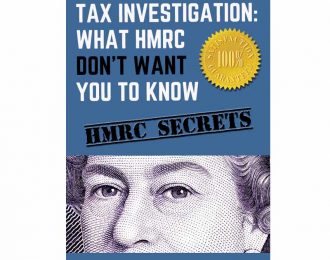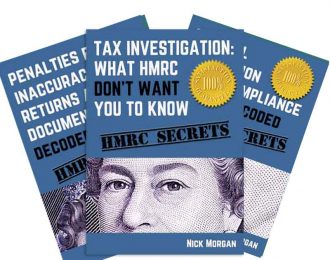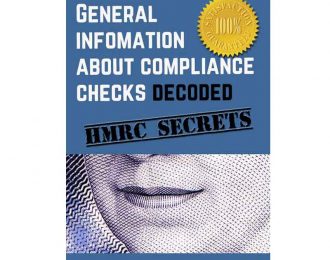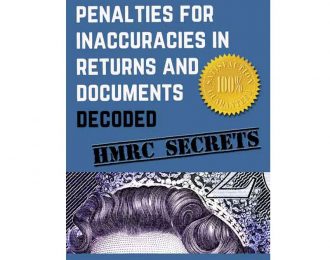Has HMRC made a Discovery?
For most people a discovery is a small thing, for example today I discovered mould at the bottom of my fridge. But for HMRC the term ‘discovery’ is very serious.
The thing is this, HMRC have a limited window to launch an investigation and they would dearly like to open up earlier years to have a good dig around in your past, but they can only go this once they have made a discovery.
Broadly speaking HMRC needs to have found something that is the result of at the very least “careless” behaviour.

This is what HMRC say, “When the time limit for issuing a notice of enquiry into the return passed, or the enquiries were completed, the officer of the Board could not have reasonably been expected, on the basis of the information made available to him, to be aware of the situation.”
Let me translate that for you:
“…when the time limit for issuing a notice of enquiry into the return passed, or the enquiries were completed”
This is – broadly – a year after you submitted your tax return.
“the officer of the Board”
That’s HMRC
“could not have reasonably been expected, on the basis of the information made available to him, to be aware of the situation.”
Did you provide enough information to HMRC about your tax returns to give them a clear picture of what you were doing or have HMRC discovered something it could not have reasonably been expected to have known at the start of the investigation?
If HMRC can answer yes to this question there is a good chance they can open up earlier years.
If HMRC claim to have made a discovery (relevant information was not provided to HMRC in the tax return) and you think a discovery has not been made, yes you can take this to the Tax Tribunal.
The Tax Tribunal is the body that keeps HMRC in check and it has very real teeth.
The link is here: http://www.justice.gov.uk/tribunals/tax








